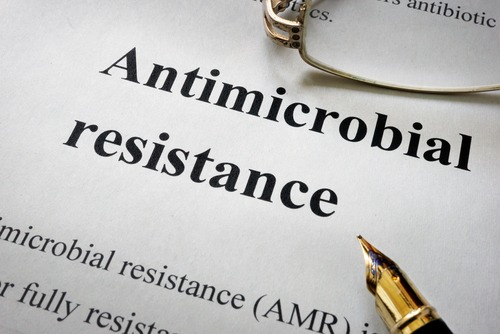
The Centers for Disease Control and Prevention (CDC) announced Tuesday that it has awarded $22 million to nearly 30 organizations across the globe to combat antimicrobial resistance (AR) and other healthcare threats.
The CDC also established two new networks – the Global Action in Healthcare Network (GAIHN) and the Global AR Laboratory and Response Network (Global AR Lab & Response Network). The two networks, along with additional short-term research projects, will cover more than 50 countries and build programs that focus on preventing infections in health care through infection control; build laboratory capacity to detect antimicrobial-resistant organisms in healthcare, the community, and the environment; and develop innovations in detecting and responding to threats like AR and COVID-19.
“Antimicrobial resistance is not going away, and new AR threats will continue to emerge. CDC’s domestic AR Lab Network is an established model for detecting emerging antimicrobial resistance threats. Today, these new investments will build on this model and span much of the globe, leveraging proven expertise to fill critical gaps and inform data-driven responses before threats can spread in communities, across borders, or around the world,” said Denise Cardo, MD, Director of CDC’s Division of Healthcare Quality Promotion. “We also know that evidence-based prevention in health care stops AR threats and other infectious diseases. These new programs will fill infection control gaps to keep patients safe and contain threats immediately when they do inevitably emerge.”
Using a competitive process that looked at scientific needs and available funding, the CDC awarded grants to 28 organizations, including the American Society for Microbiology (ASM); American Type Culture Collection (ATCC); American University of Beirut; Association of Public Health Laboratories (APHL); Columbia University; Duke University; Johns Hopkins University; Northwestern University; Pakistan National Institute of Health; Pan American Health Organization (PAHO); The Ohio State University; U.S. Civilian Research & Development Foundation (CRDF); University of Pennsylvania; Vanderbilt University; Washington State University; Washington University in St. Louis; and World Health Organization (WHO).




